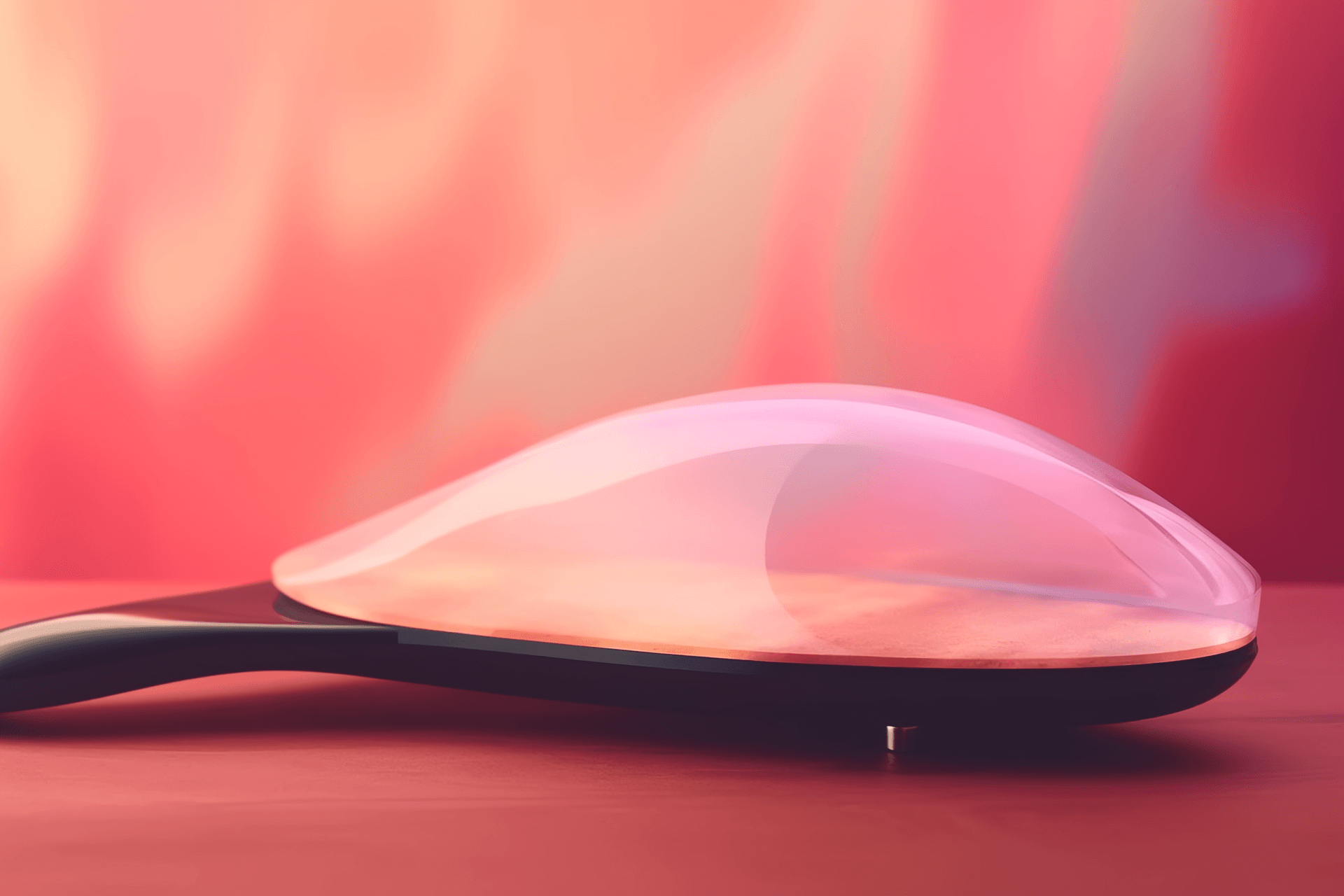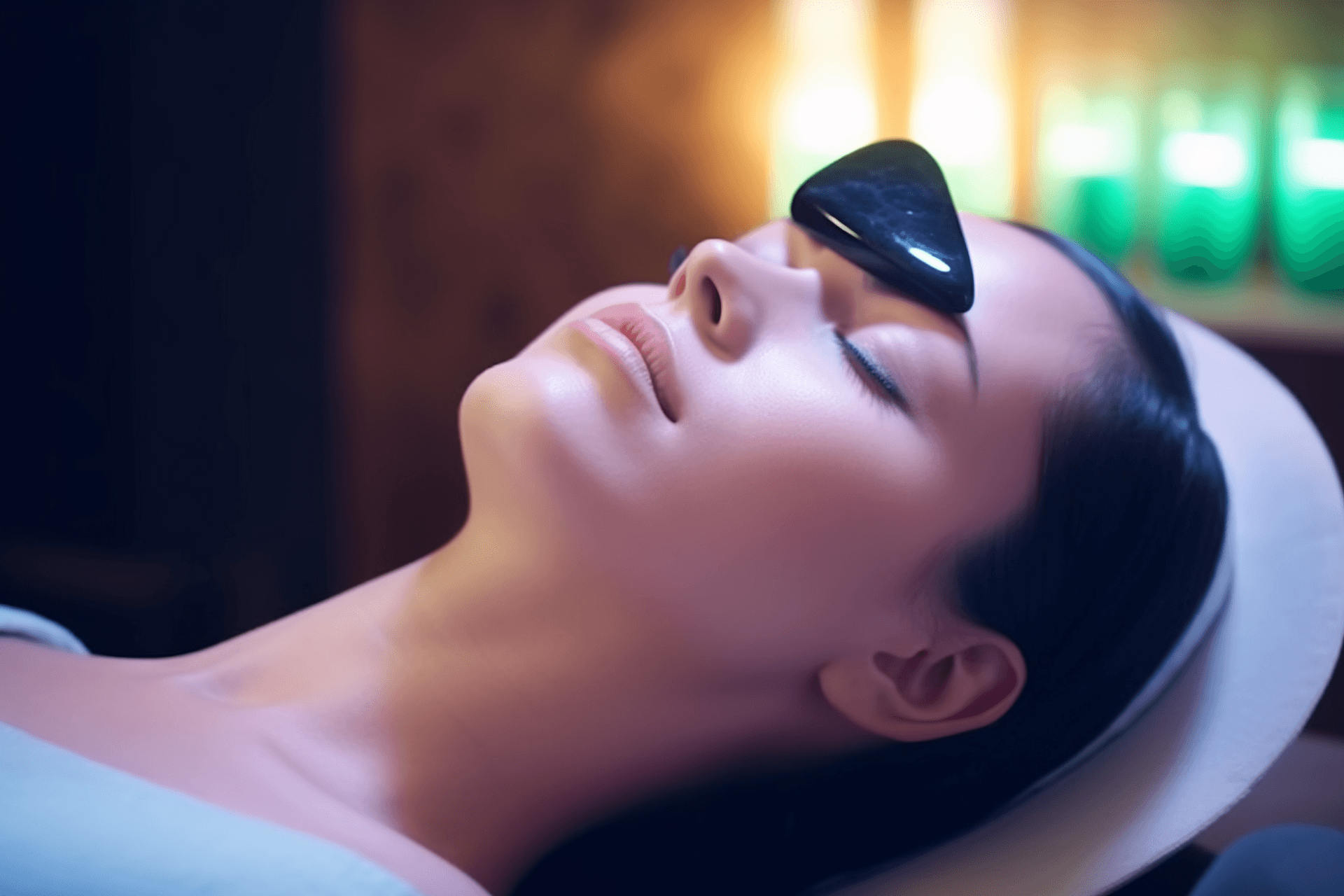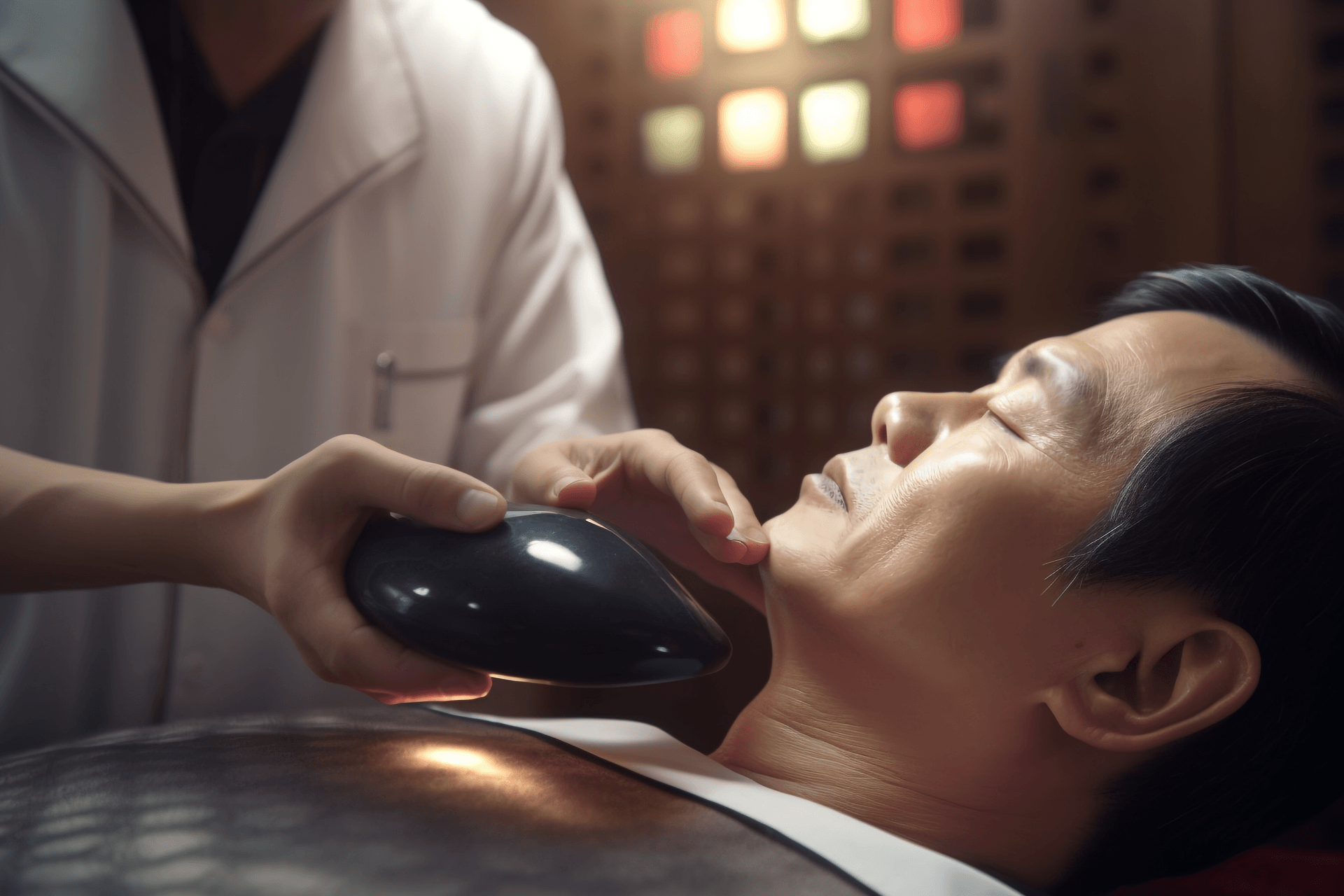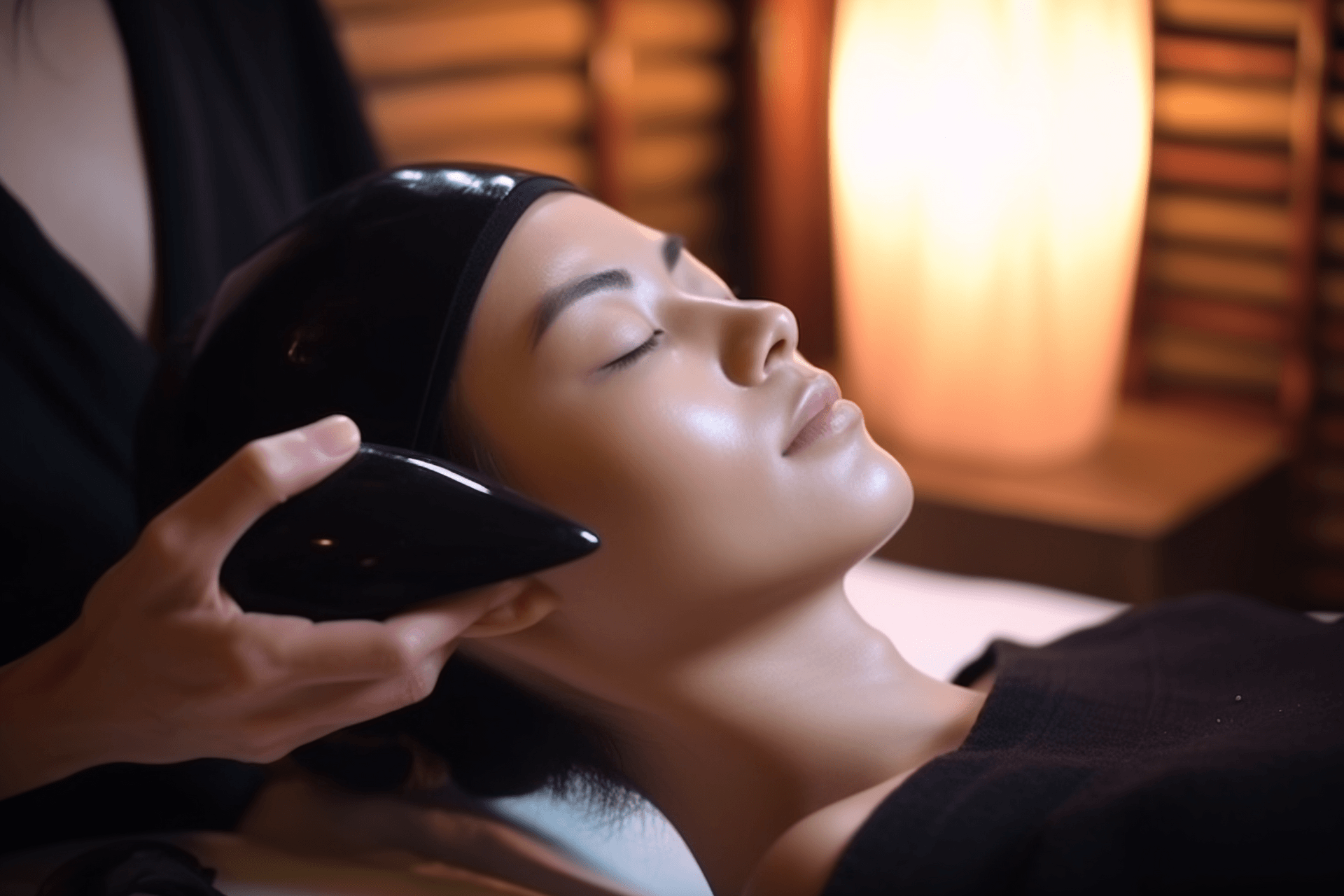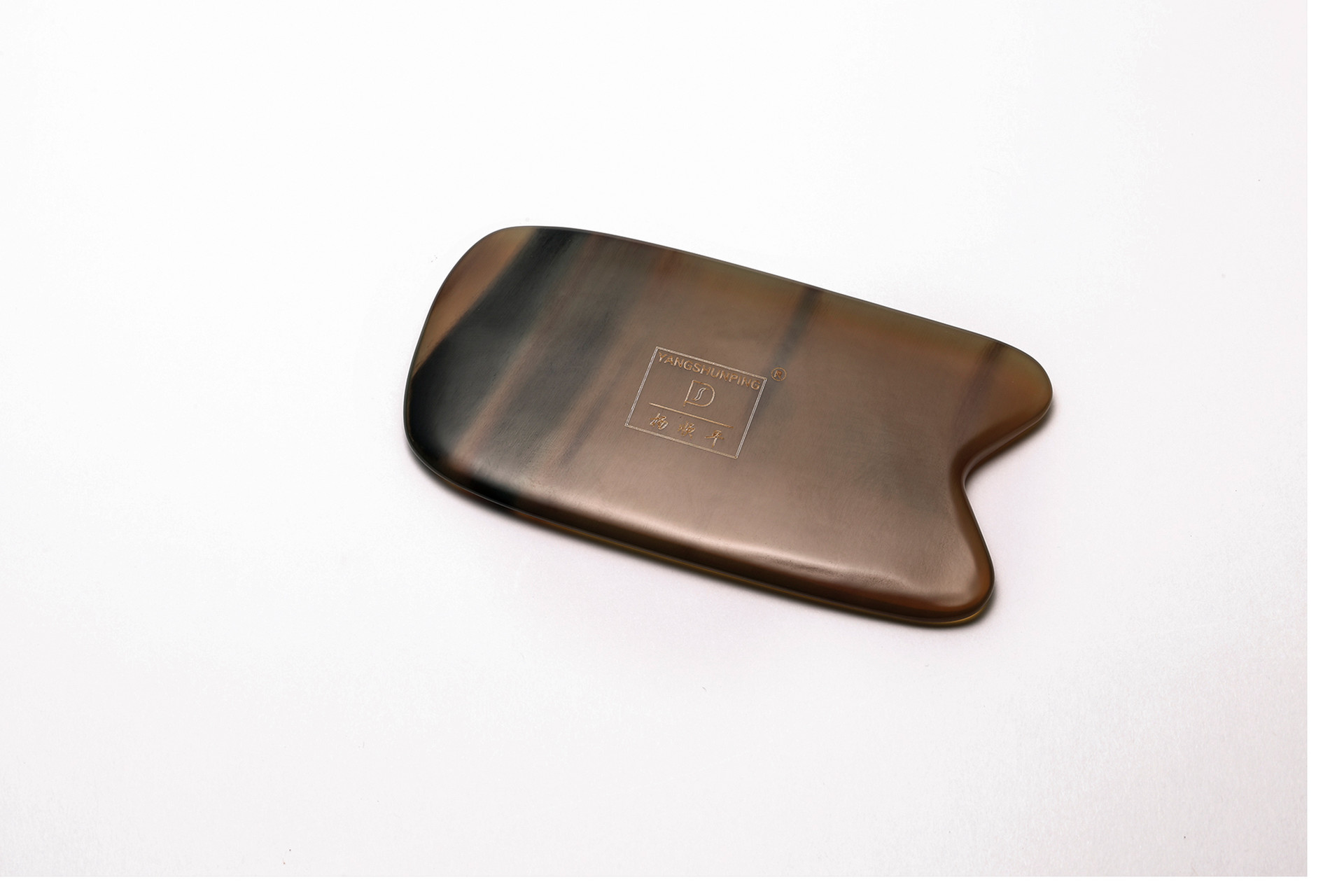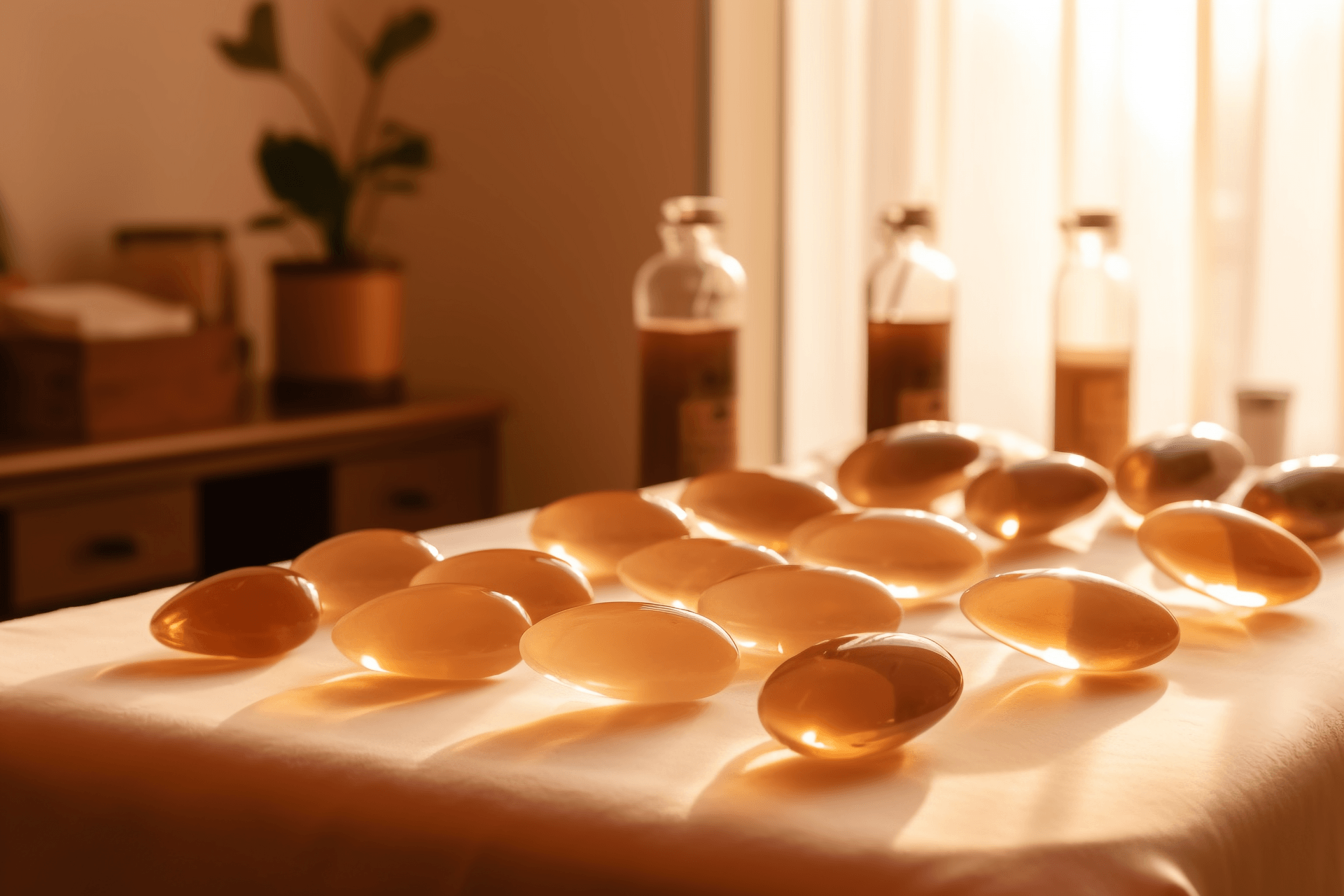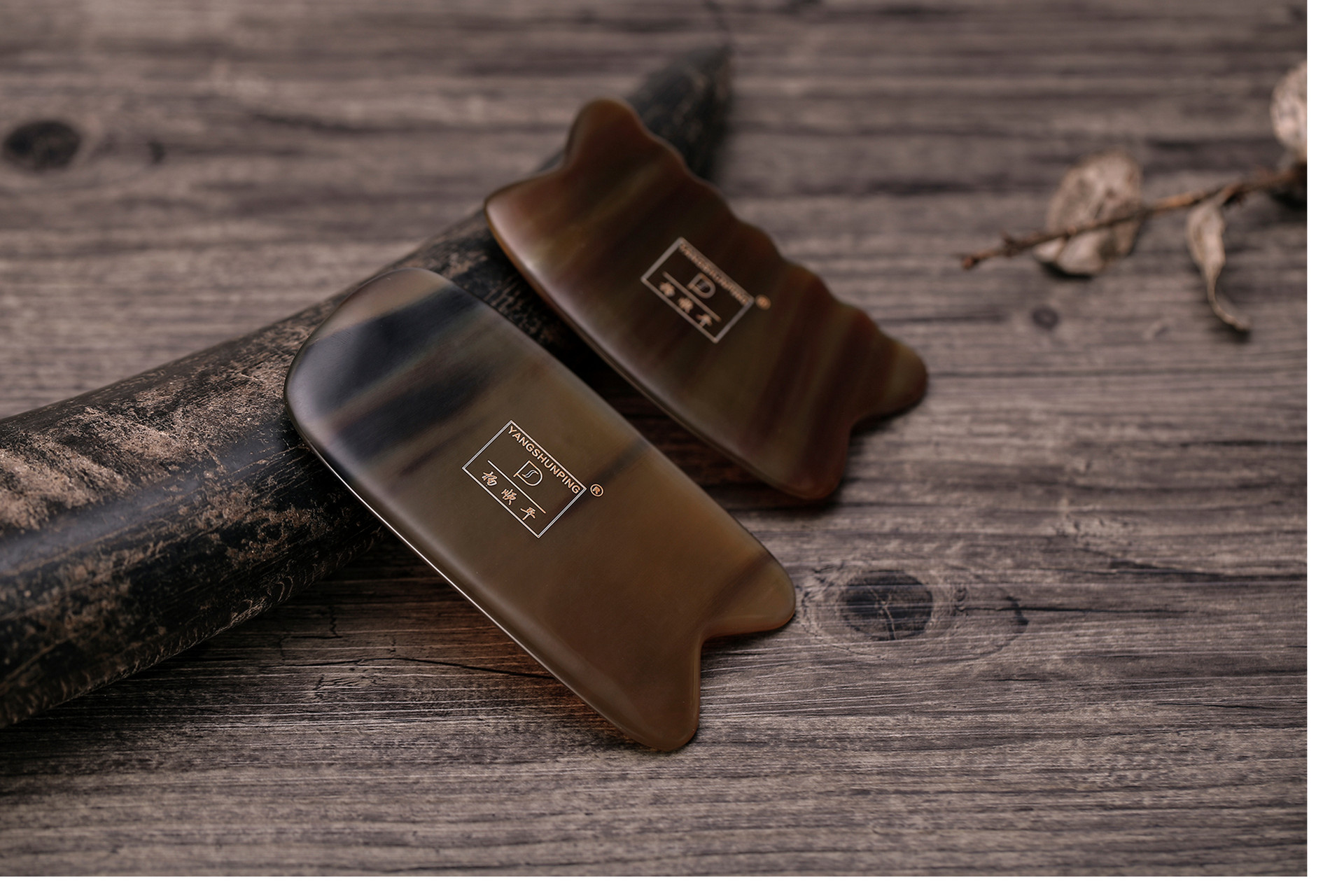Scraping is a common method of maintenance in traditional Chinese medicine. Many people use scraping to remove dampness and dispel wind and cold from their bodies. Besides these benefits, what other advantages does scraping have? Today, we will explore the benefits, disadvantages, and methods of scraping in the hope of helping everyone.
Benefits of Scraping
Experts point out that scraping achieves the effect of health preservation through benign stimulation of the body surface, and its benefits are very obvious. The common benefits of scraping are:
1. Scraping the hands and feet can promote the circulation of qi and meridians. Women often experience cold hands and feet, which is believed to be due to insufficient yang qi in the body or poor circulation of qi and blood. Scraping the palms with a scraping board, and then using the grooves on the board to scrape the four sides of the fingers from the base to the fingertips in each direction for 5-10 times can effectively promote the circulation of qi and meridians.
2. Scraping the abdomen can promote bowel movements. Long-term constipation not only affects digestion and absorption, but also leads to the accumulation of toxins in the body. Patients can use the surface of the scraping board to scrape the abdomen from top to bottom, left to right. It should be noted that if there is a phenomenon of visceral prolapse, scraping should be done from bottom to top.
3. Scraping around the eyes can improve vision. Many people are familiar with eye exercises and acupoints. Scraping can provide better stimulation to the acupoints than finger pressure. First, use a scraping comb to press the Jingming acupoint (about half a minute away from the inner corner of the eye) and then scrape from the Jingming acupoint to the outer corner of the eye in both the upper and lower eyelids. This can effectively improve the circulation of qi and blood around the eyes and alleviate eye fatigue.
4. Scraping the neck can relax the tendons and promote blood circulation. People who often sit in front of the computer often experience discomfort in the shoulders and neck. Scraping can effectively relax the tendons, improve the stagnation of qi and blood, and promote blood circulation. Patients can scrape from the midpoint of the posterior occiput to the Dazhui acupoint (the depression below the seventh cervical vertebra prominens), and from the two outer corners of the posterior occiput towards the left and right shoulders. Scraping this area during a cold can also help dispel wind and evil spirits.
Disadvantages of Scraping
Scraping is usually only done on the back or sides of the neck. Depending on the condition, it can also be done on the sides of the neck in front of the larynx, chest, sides of the spine, elbows, or inner side of the knees. The appropriate area for scraping should be selected according to the needs of the condition. In addition, long-term scraping can lead to the following problems:
1. Prolonged scraping without moderation can cause damage to the tissues outside the skin, which not only does not help relieve fatigue, but also increases the burden on the body.
2. For people with skin ulcers or other skin diseases, scraping is not enjoyable but painful, and it can cause more damage to the already fragile skin tissue and even lead to infection, worsening the condition.
3. People with heart or liver problems, or blood disorders should not undergo scraping as it can cause greater harm to the body.
Scraping also has contraindications. The following conditions are not suitable for scraping:
1. People who are excessively thin or have lost skin elasticity.
2. Patients with heart disease.
3. Patients with edema.
4. Hemophiliacs or those prone to bleeding.
5. Children and elderly people with weak constitution.
6. Pregnant women should not have their abdomen or lumbar sacrum scraped, and women should not have their nipples scraped.
7. Leukemia patients or those with low platelet count should be cautious about scraping.
8. Patients with heart failure, renal failure, liver cirrhosis ascites, or severe systemic edema should not undergo scraping.
9. For varicose veins in the lower limbs, scraping should be done from bottom to top with light pressure.
10. Scraping should not be used on areas of the skin that are ulcerated, damaged, or inflamed. It is also not suitable for patients recovering from serious illnesses, those with weak qi and blood deficiency, or those in a state of fullness or hunger.
Scraping therapy can cause certain damage to the skin, so after scraping, it is necessary to wait for a period of time, usually about five to seven days.


